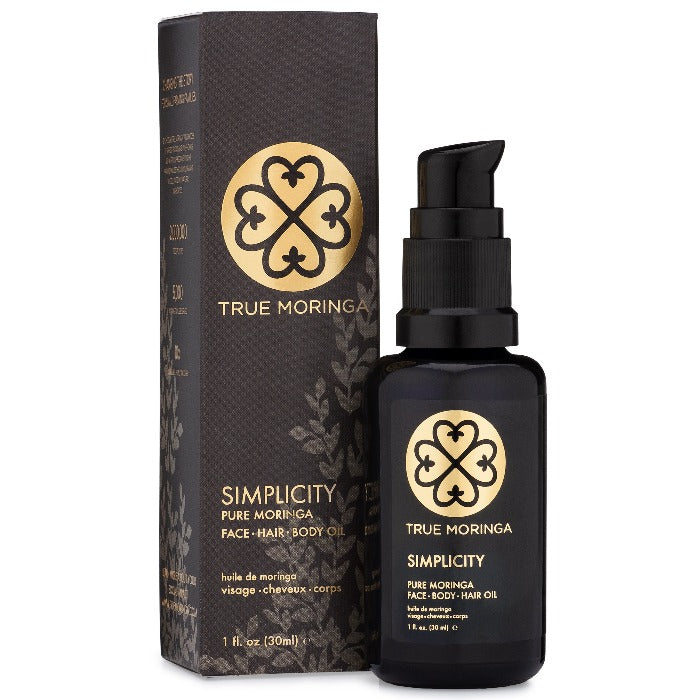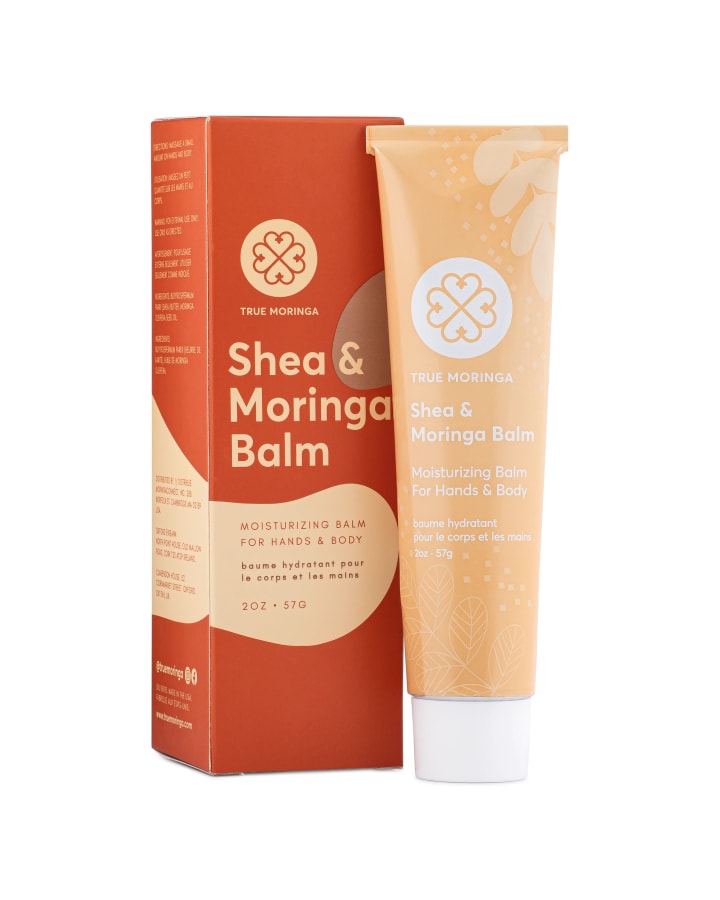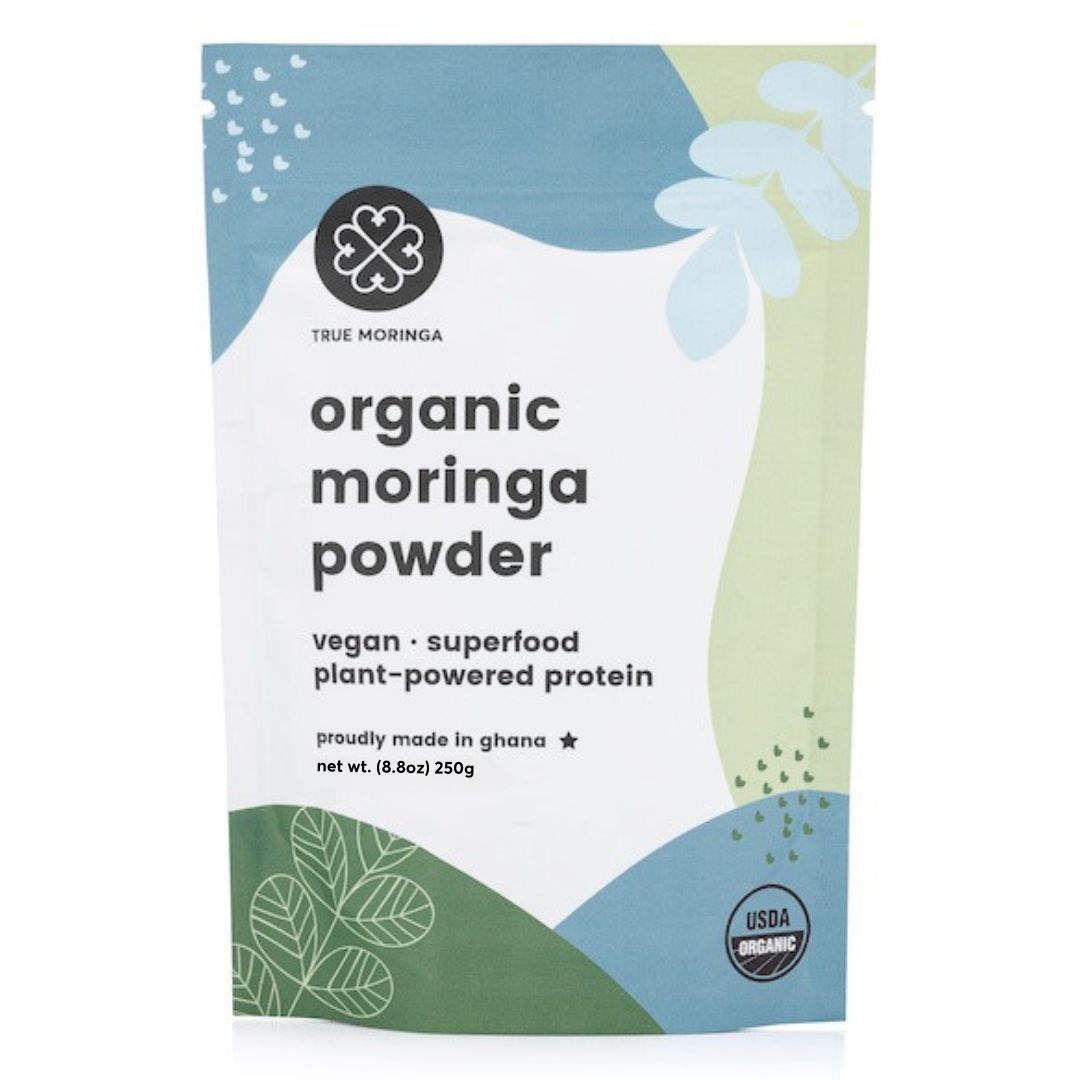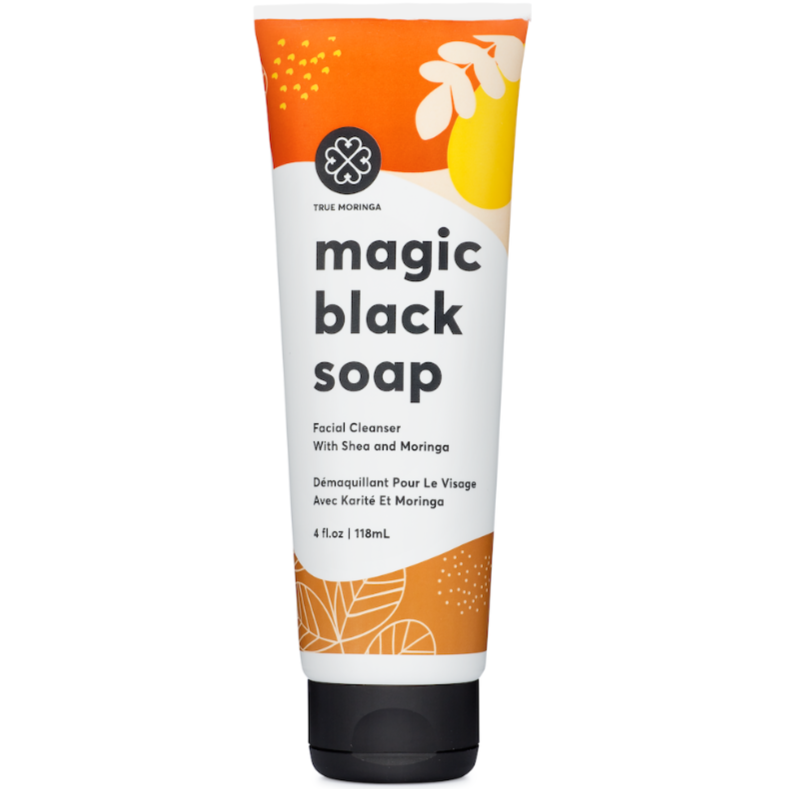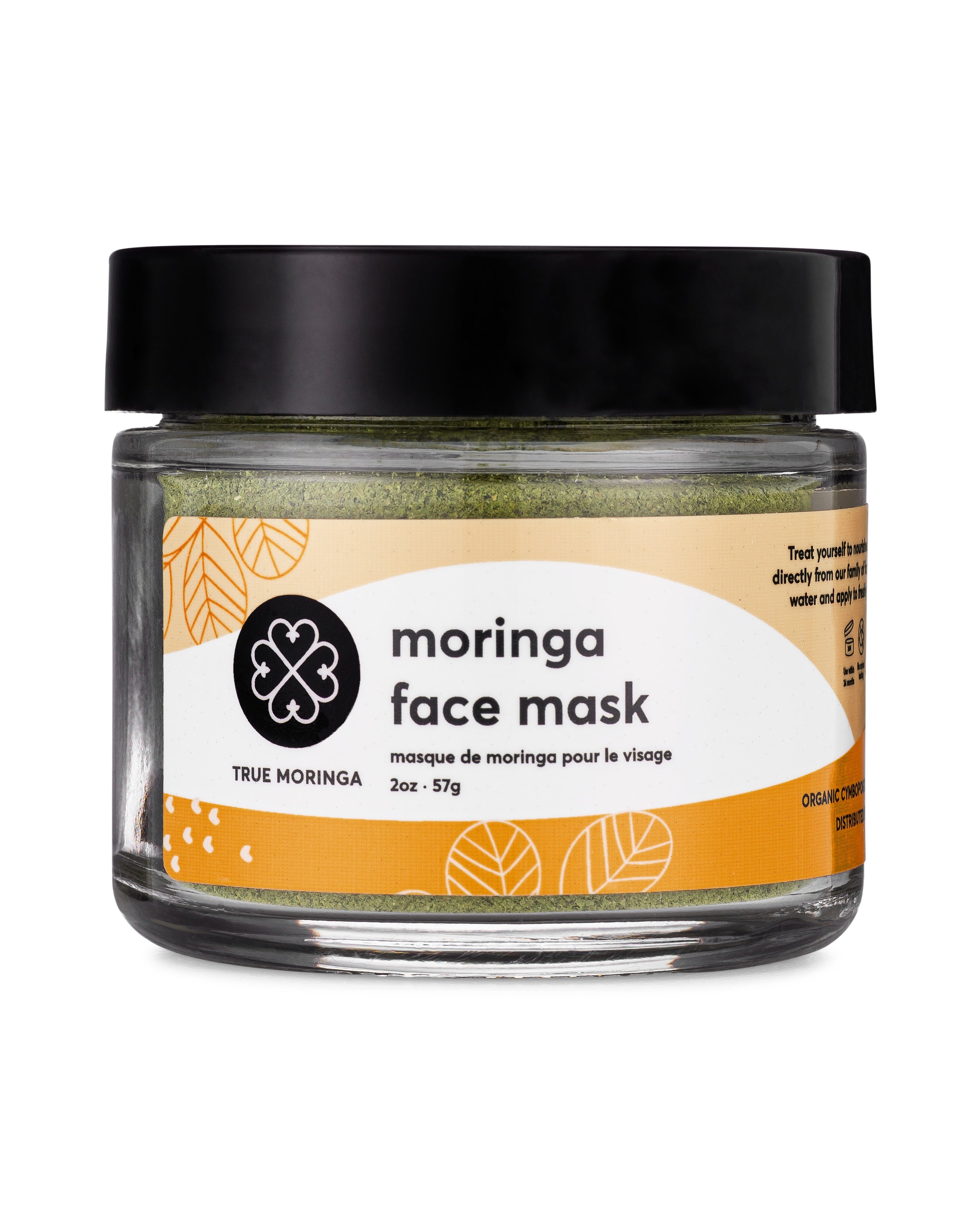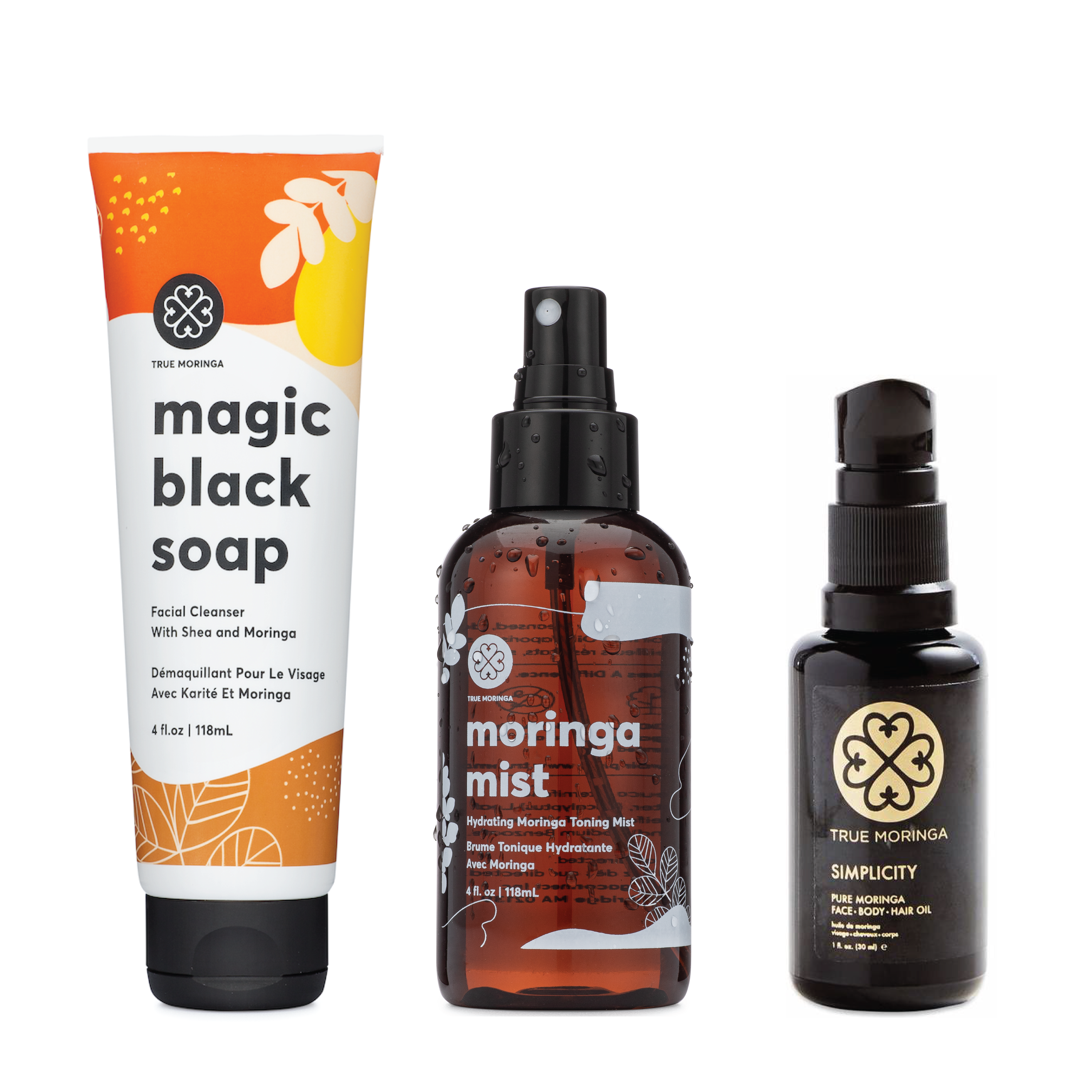


Moringa Oil Fatty Acid Breakdown!
Ever heard of fatty acids? The name sounds weird, but believe it or not fatty acids play a crucial role in our body. Fatty acids are the building blocks for fat not only in our bodies but also in the food we eat. When we consume food, our body breaks down the fat into fatty acids which can then be easily absorbed into our blood in our bodies. Fatty acids also play an important role in energy storage within our bodies. When a type of sugar, known as glucose, is not available, our body resorts to using fatty acids as a source of energy.
The leaves of Moringa trees are rich in nutrients especially fatty acids. To better understand just how beneficial Moringa trees are, let’s break down each of these fatty acids and learn what they are all about!
- Oleic Acid: This fatty acid, also known as Omega-9, is the most abundant fatty acid present in Moringa Oleifera seed oil. With its wide range of uses and benefits, Oleic acid is commonly found in foods, cleaning agents, and cosmetics. Oleic acid has been shown to improve blood flood and lower risk for disease.
- Behenic Acid: This fatty acid is a strong conditioning agent that helps to smooth and hydrate hair follicles and is commonly found in shampoos and conditioners. It also functions as a opacifier in clear liquid solutions and can act as an emulsifier. Behenic acid has surfactant properties which can cause soap to foam.
- Myristic Acid (1-Tetradecanoic Acid): This saturated fatty acid is the most abundant fatty acid found in Moringa Oleifera leaves. Common to nutmeg, palm oil, coconut oil and the oil from sperm whales, this fatty acid has abundant uses in the beauty industry from being a fragrance, surfactant, cleaning agent to being an emulsifier and opacifying agent. The human body also uses this fatty acid in the stabilization of proteins. Myristic acid is also commonly used as a lubricant due to its high absorbance by the skin.
- Palmitic Acid (n-Hexadecanoic Acid): This fatty acid is the most common saturated fatty acid found in plants and animals. In moderate doses, Palmitic acid acts as an antioxidant and has anti-atherosclerotic properties (prevents artery walls from thickening due to a build up of white blood cells). Palmitic acid is also rich in Vitamin A which is a powerful antioxidant thus is widely used in cosmetics.
- Hexadecanoic acid, ethyl ester: (Ethyl Hexyl Palmitate) This fatty acid is a derivative of palm oil and is often used as a replacement to silicone. This fatty acid has a similar “slippery” feel as does silicone and is often used as an ingredient to adjust consistency in various cosmetic products.
- Phytol: Phytol is the product of chlorophyll metabolism in plant leaves. Phytol is essential in activating helpful enzymes within the body as well as decreasing blood cholesterol levels. Phytol is also associated with Vitamins E and K. Vitamin E helps to protect the body from toxins and nourishes the heart and eyes. Vitamin K is essential in building strong bones, protecting the heart and optimizing insulin levels. Phytol can help with regulating blood glucose levels and reducing blood pressure.
It is apparent that the leaves of Moringa trees are abundant in both vitamins and nutrients. Who would have ever thought such a tree could give so much?

